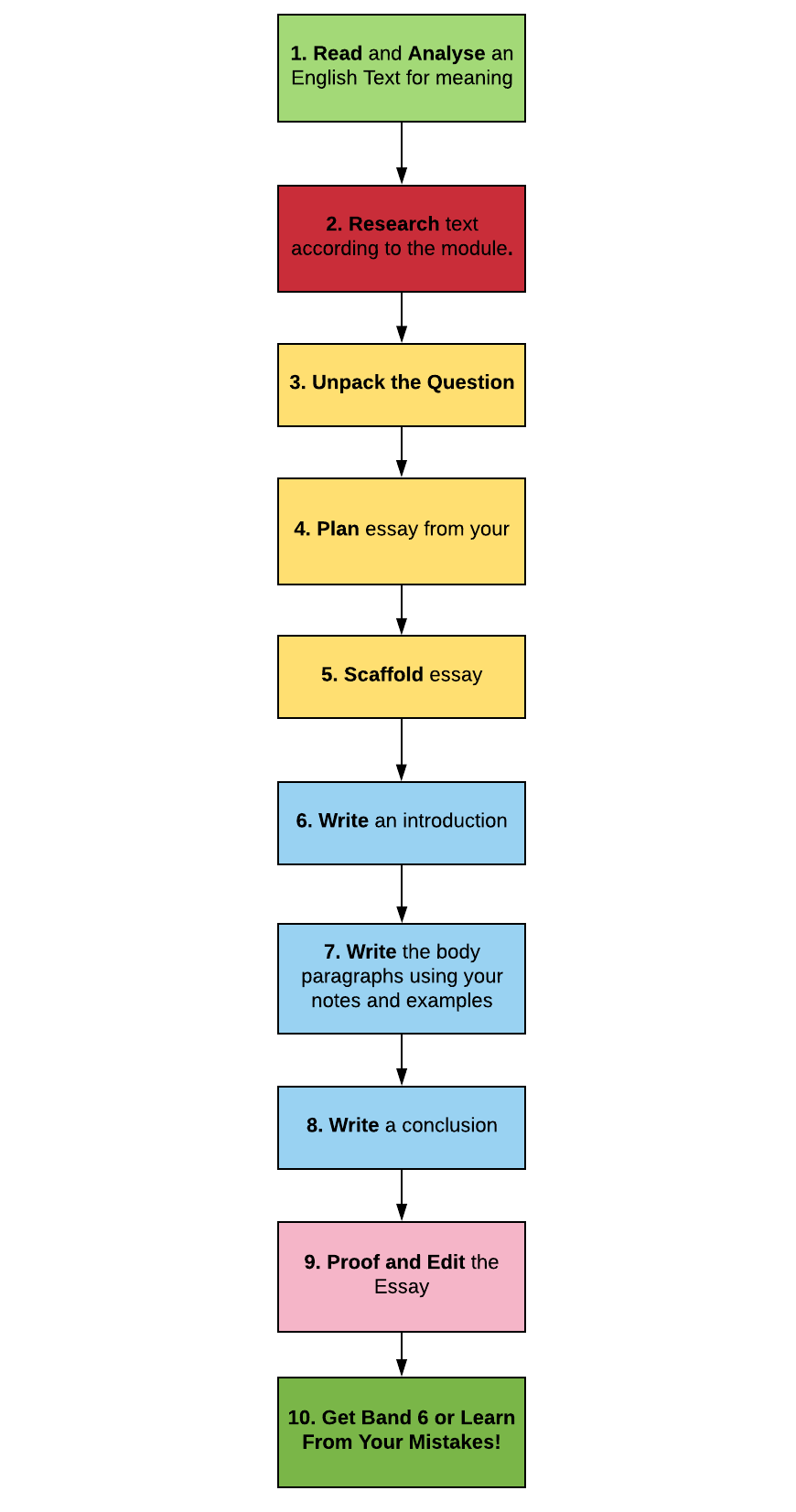Welcome to Matrix Education
To ensure we are showing you the most relevant content, please select your location below.
Select a year to see courses
Learn online or on-campus during the term or school holidays
Learn online or on-campus during the term or school holidays
Learn online or on-campus during the term or school holidays
Learn online or on-campus during the term or school holidays
Learn online or on-campus during the term or school holidays
Learn online or on-campus during the term or school holidays
Learn online or on-campus during the term or school holidays
Learn online or on-campus during the term or school holidays
Learn online or on-campus during the term or school holidays
Learn online or on-campus during the term or school holidays
Select a year to see available courses
Science guides to help you get ahead
Science guides to help you get ahead

Guide Chapters
This Beginner’s Guide to Acing HSC English is a resource that will give you actionable advice and step-by-step guides to overcoming common issues that you may encounter in English.
Some common problems faced by students as they study Year 11 and 12 English (also referred to as Stage 6) are outlined below:
They don’t realise that there is a process that you can follow when you study Year 11 and 12 English. Often, students rely on memorising essays to overcome the gaps in their knowledge about texts. Why do students do this? For some, it’s a misconception about English and, for others, it’s a lack of confidence in the subject.
Many students feel that English is ambiguous or requires innate skills. This isn’t the case.
Rather than learning to analyse a text, they try and rote learn a generic essay and attempt to mould it to different questions. This isn’t because they are poor students, they just don’t realise that there is a more effective way. The Beginner’s Guide to Acing HSC English will give you the confidence to do things the best way.
In this guide, we will show you how to approach the study of English for success. We begin by considering the Modules for Year 11 and move on to skills like reading, analysing, researching, and writing the various tasks. There’s a lot of information contained in The Beginner’s Guide to Acing HSC English, but by breaking the process down into digestible chunks we’ve made it into a guide that will help you on your journey through Year 11 and 12 English.
The process that we have developed over the last 18 years is visualised in the flowchart below:

This Guide will teach you the right study methods and help you develop the skills you need for Band 6 success in English.
What we have done is to take our process for studying English and break it down into parts that focus on an important area or skill set required for success in Year 11 and 12 English:
This may seem overwhelming. And it is true, there is a lot to digest in this guide. To make this easy for you we have broken each area down into an easy to follow page. If you follow the process that we’ve developed over the past 18 years, you’ll start acing English instead of struggling.
The study of English can be as practical and straightforward as other subjects, like those from STEM subjects. You just need to be methodical in how you approach the subject. This is why we’ve used step-by-step processes throughout this guide.
This guide is meant to be practical. To that end, it covers all of the skills you will need for the journey through Stage 6 English from the Year 11 until the HSC Exam.
Throughout this guide, we have provided detailed examples and step-by-step guides that utilise the experience that we have developed over the past 18 years in helping thousands of students realise their academic goals.
While you can navigate to specific areas that you need help with, we recommend that you read this Beginner’s Guide to Acing HSC English from start to finish.
Take the time to familiarise yourself with the content of this Guide. This is your skills resource for you to consistently refer to help you Ace your English assessments and exams in Years 11 and 12.
If you haven’t already, you should check out our specific Guides for the Year 11 and 12 English Modules:
Sharpen your analysis and writing skills! At Matrix, we provide you with clear and structured online lesson videos, quality resources, personalised feedback so you can tackle Paper 1 and 2 with confidence. Learn more.
Learn how to write Band 6 HSC responses in English
Expert HSC teachers, detailed feedback, and comprehensive resources. Learn with Matrix+ online English courses.
© Matrix Education and www.matrix.edu.au, 2025. Unauthorised use and/or duplication of this material without express and written permission from this site’s author and/or owner is strictly prohibited. Excerpts and links may be used, provided that full and clear credit is given to Matrix Education and www.matrix.edu.au with appropriate and specific direction to the original content.